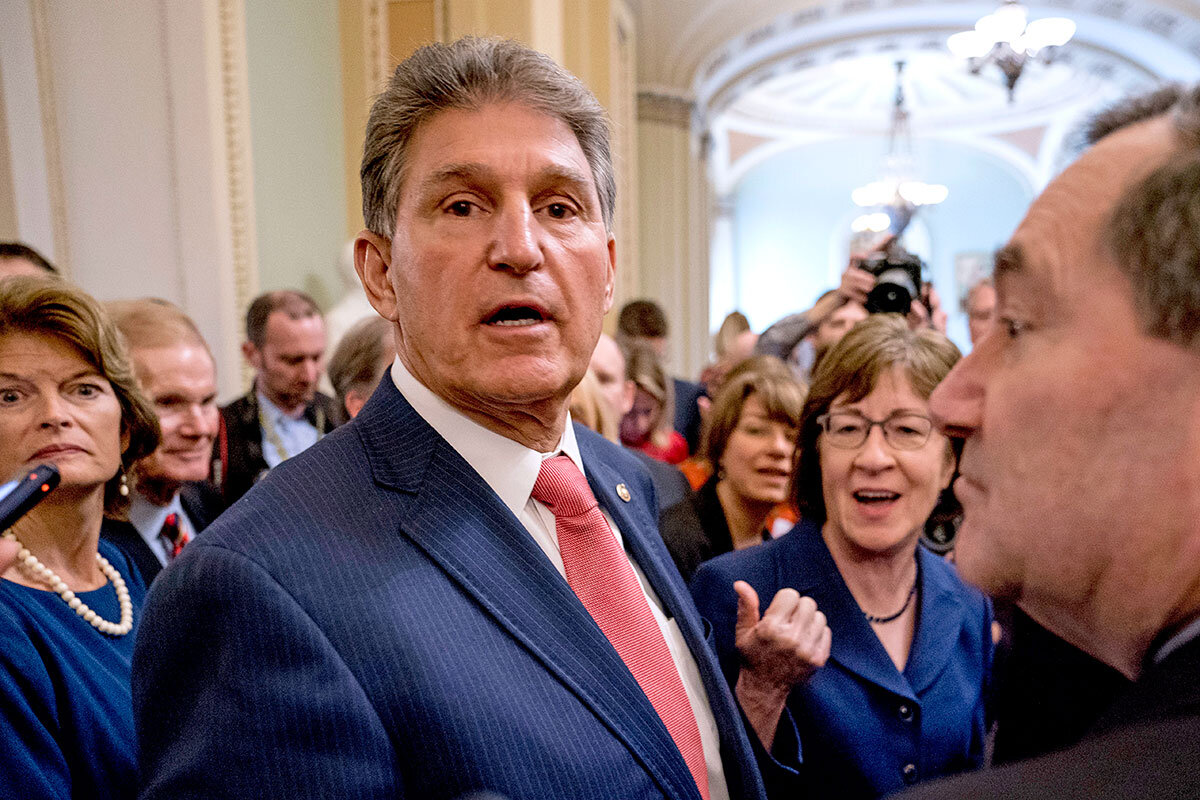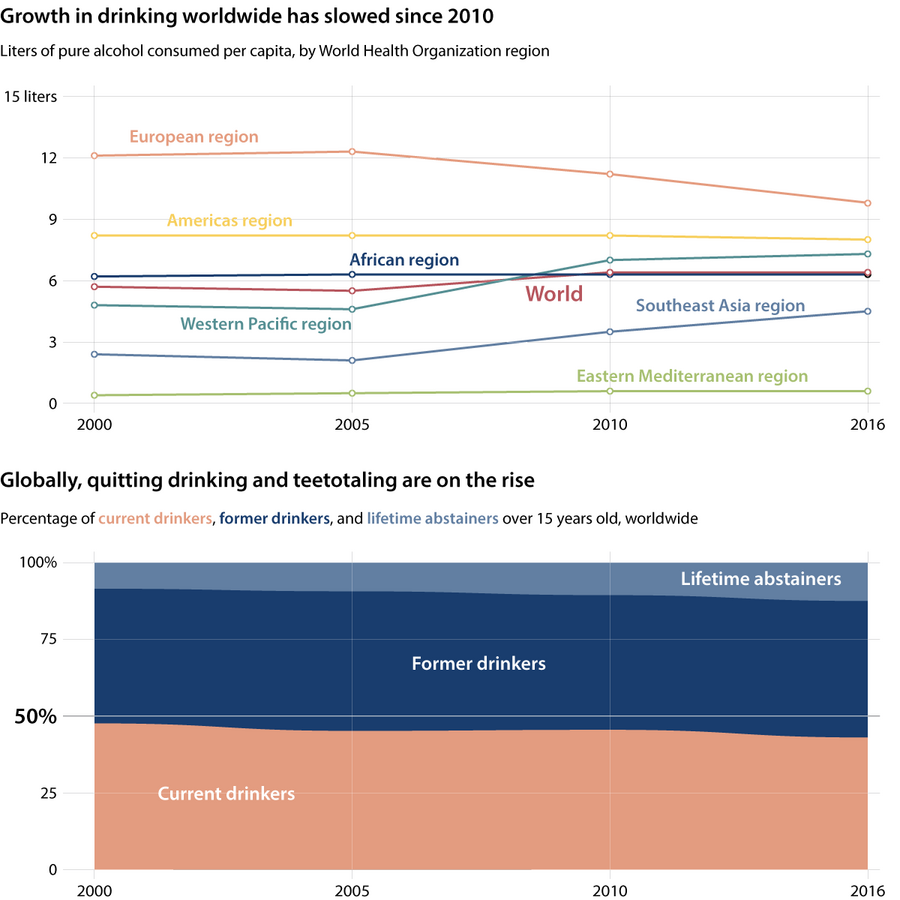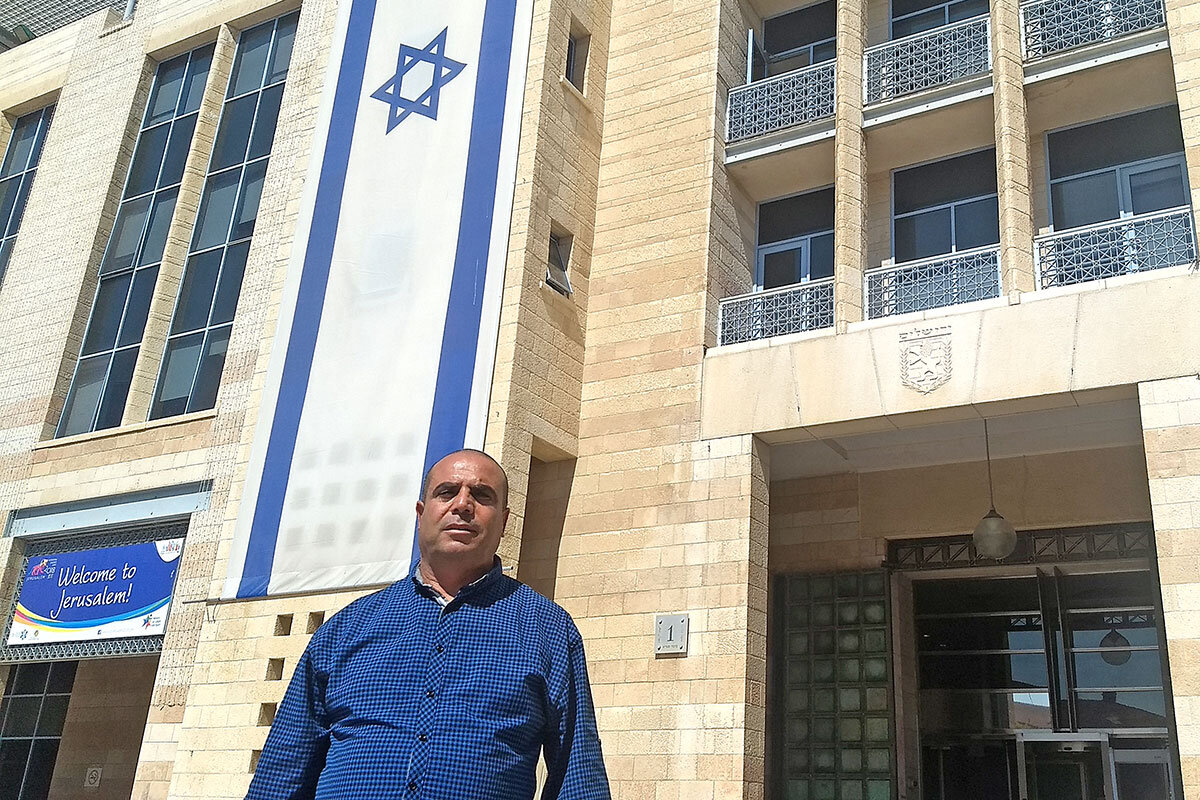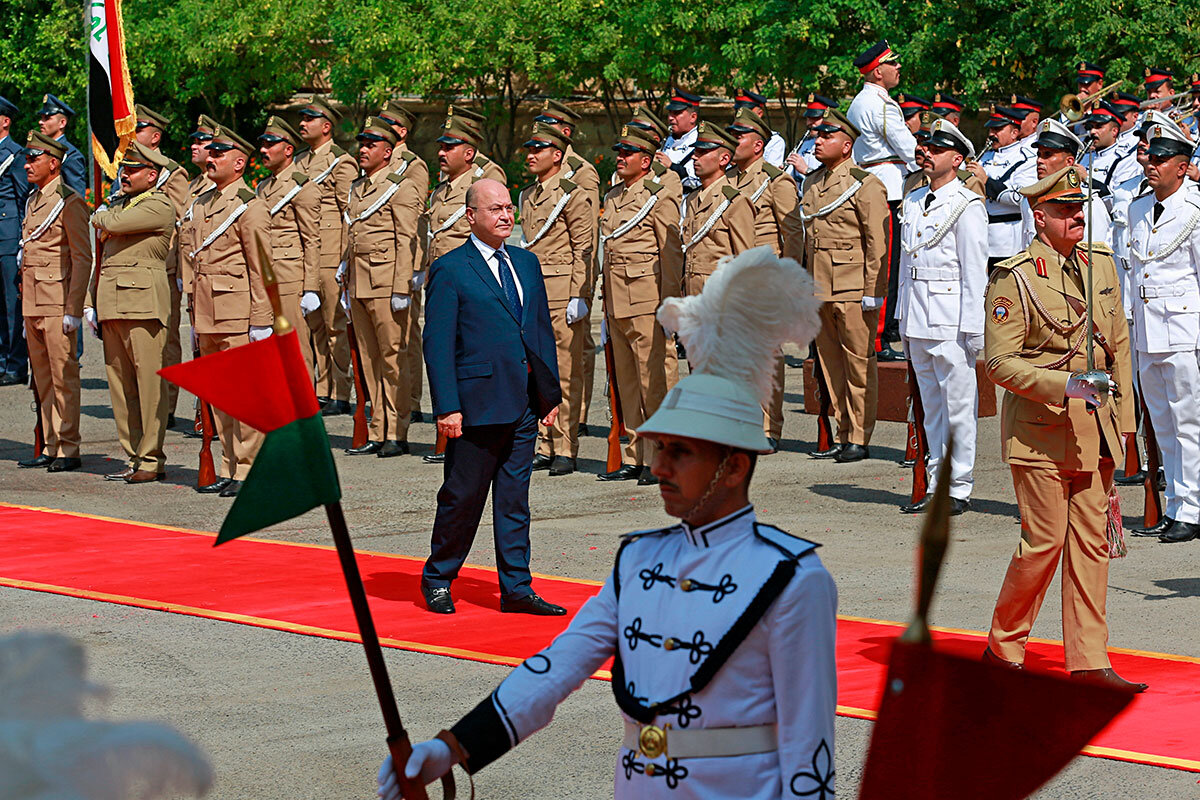Within 24 hours after an earthquake and a tsunami struck the island of Sulawesi last Friday, dozens of countries offered assistance to Indonesia. Some are not even on the best of terms with the Southeast Asian nation. Nevertheless, the tragedy has affected more than a million people. The outpouring of compassion showed just how many countries today accept a fundamental right to life in disaster-related situations – a right that can break down barriers between people.
Yet despite these generous offers of aid, Indonesia at first refused them. Not until three days later did President Joko Widodo, better known as Jokowi, decide to accept international aid.
Perhaps he was persuaded after a visit to the tsunami-hit city of Palu and saw the anger of residents over the government’s slow response to the vast devastation from waves as high as 20 feet.
Even then, the choice of countries was “selective,” limited to 10. In August, after an earthquake hit the island of Lombok, the government “strongly” rejected outside aid. The Sulawesi disaster, on the other hand, is far more massive, one that overwhelmed Indonesia’s disaster agency for the first few days.
“The sense from the teams all working there ... is one of real frustration,” said Jens Laerke of the United Nations humanitarian office in Geneva on Tuesday.
Now India is sending naval ships, Britain has dispatched a team of aid workers, and other countries are helping in the search for survivors and supplying food, water, and other relief. Four days after the quake, the UN’s Central Emergency Response Fund finally was allowed to send $15 million in aid.
“Helping each other is an international tradition which we need to appreciate,” said Indonesia’s military minister, Wiranto (who goes by one name), almost apologetically.
Indonesia’s reluctance to rely on other countries for help after a natural disaster is not uncommon. In 2008, Myanmar’s ruling junta famously refused foreign assistance following a cyclone that killed more than 100,000. Pride goeth before a fall and nations often let political considerations override humanitarian instincts. At the same, donor countries can have political motives in offering aid.
Indonesia’s response shows the need for what is called “disaster diplomacy,” or managing the humanitarian side of a natural disaster while still dealing with political tensions – and even political opportunities. This is particularly true in Asia, which is home to more than 40 percent of disasters, such as typhoons and earthquakes, as well as many political fault lines between nations.
Ever since the catastrophic 1985 Mexico City earthquake, the world has been steadily improving its coordination of responses to disasters, such as the deployment of search-and-rescue teams. Sometimes such responses can bring peace to a troubled area. Greece’s offer of aid to Turkey after a 1999 earthquake helped open a door for political cooperation between the two rivals.
Just a few years earlier, the UN General Assembly had declared that the “abandonment of the victims of natural disasters ... without humanitarian assistance constitutes a threat to human life and an offence to human dignity.” In 2005, governments around the world committed in the so-called Hyogo Declaration to take action to reduce disaster risk.
The global acceptance of a right to life in the face of a natural disaster – not to mention a right to food and shelter – continues to expand, especially as media technology better reveals the need of people struck by such tragedies. The imperative to aid others in a crisis is strong, often overriding prejudice or pride. Each new disaster, like the one in Sulawesi, offers a fresh lesson on that imperative.
 Mark Sappenfield
Mark Sappenfield











